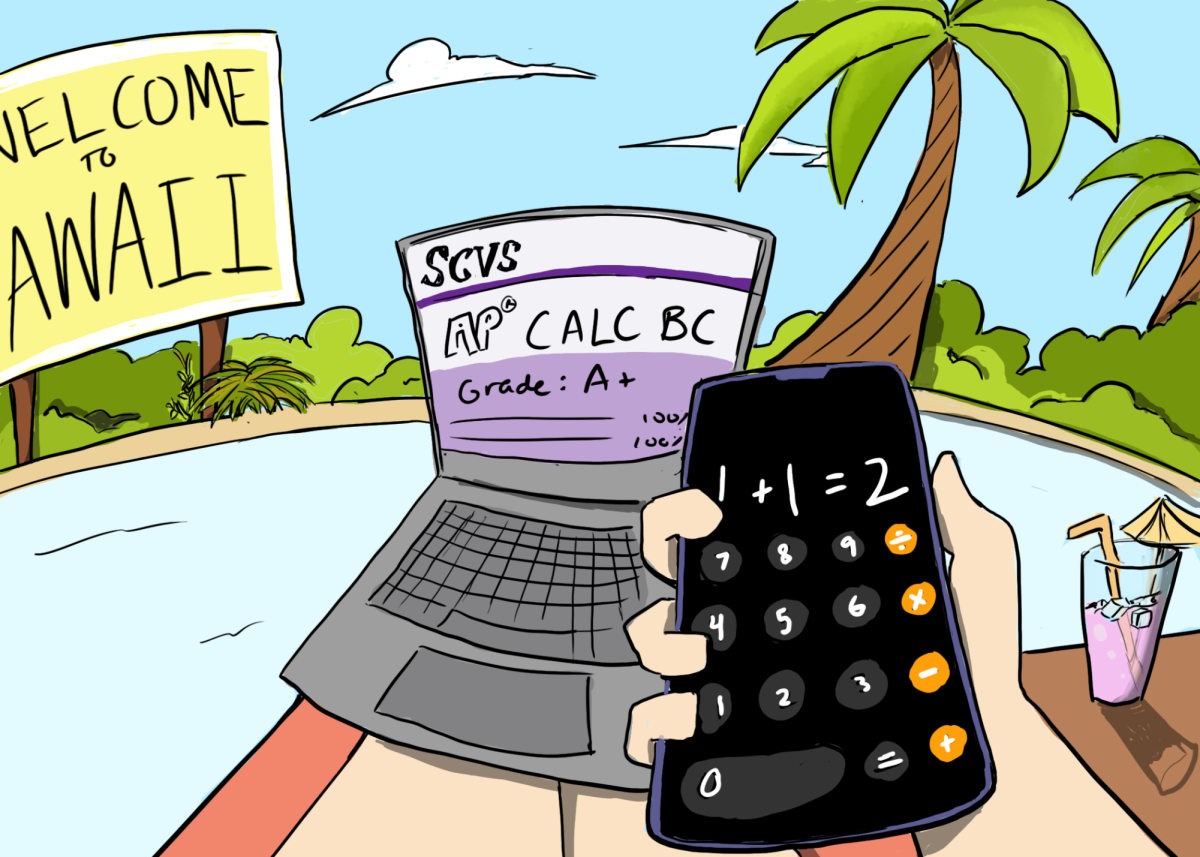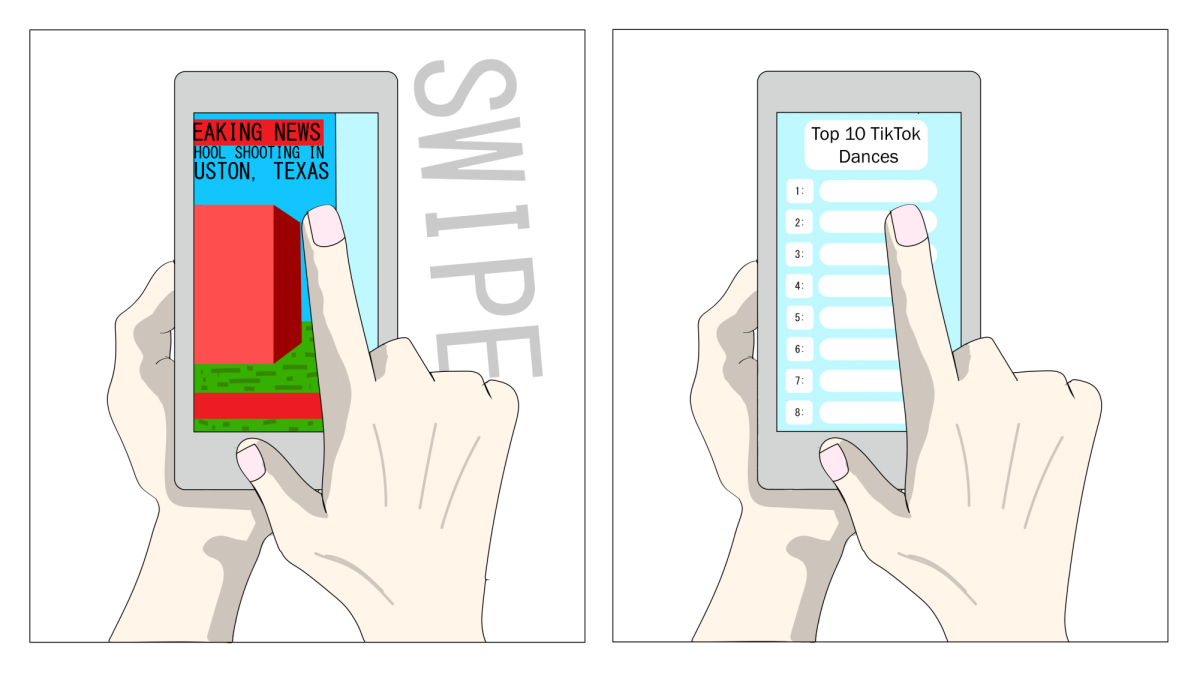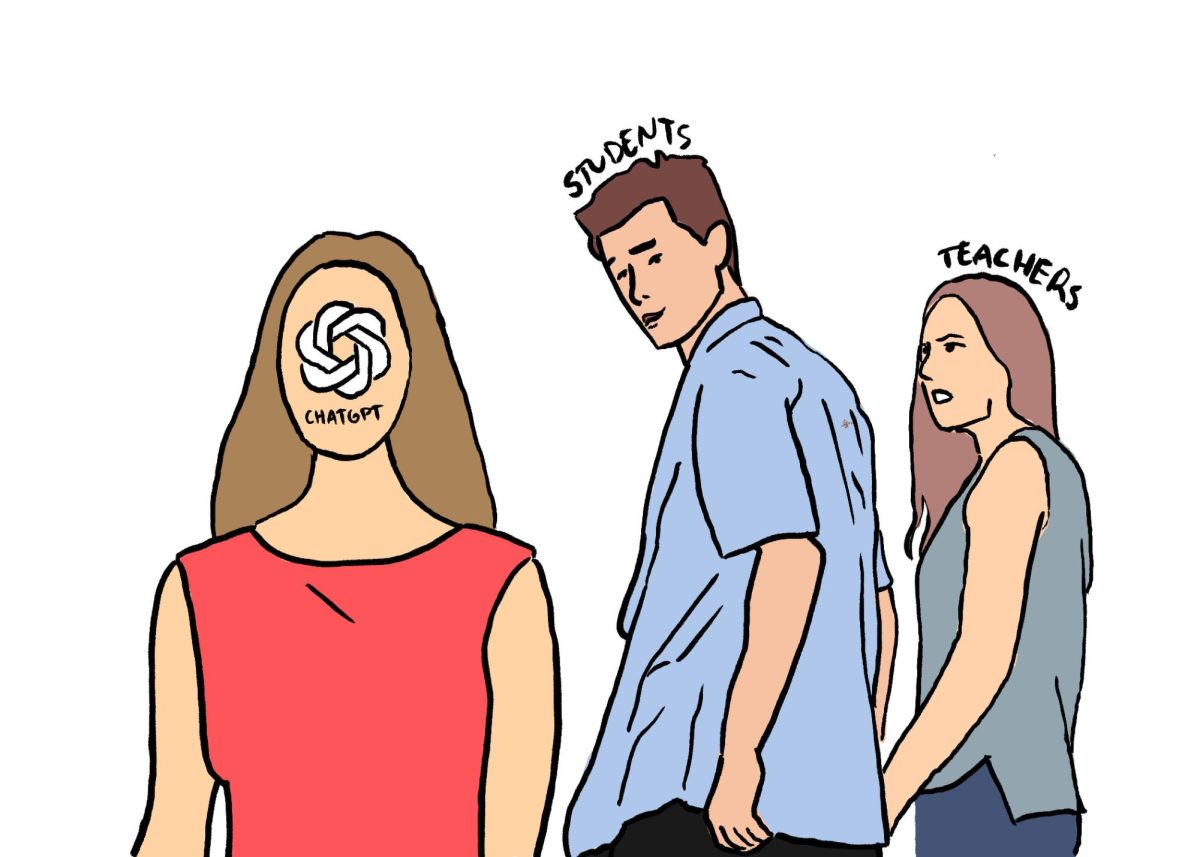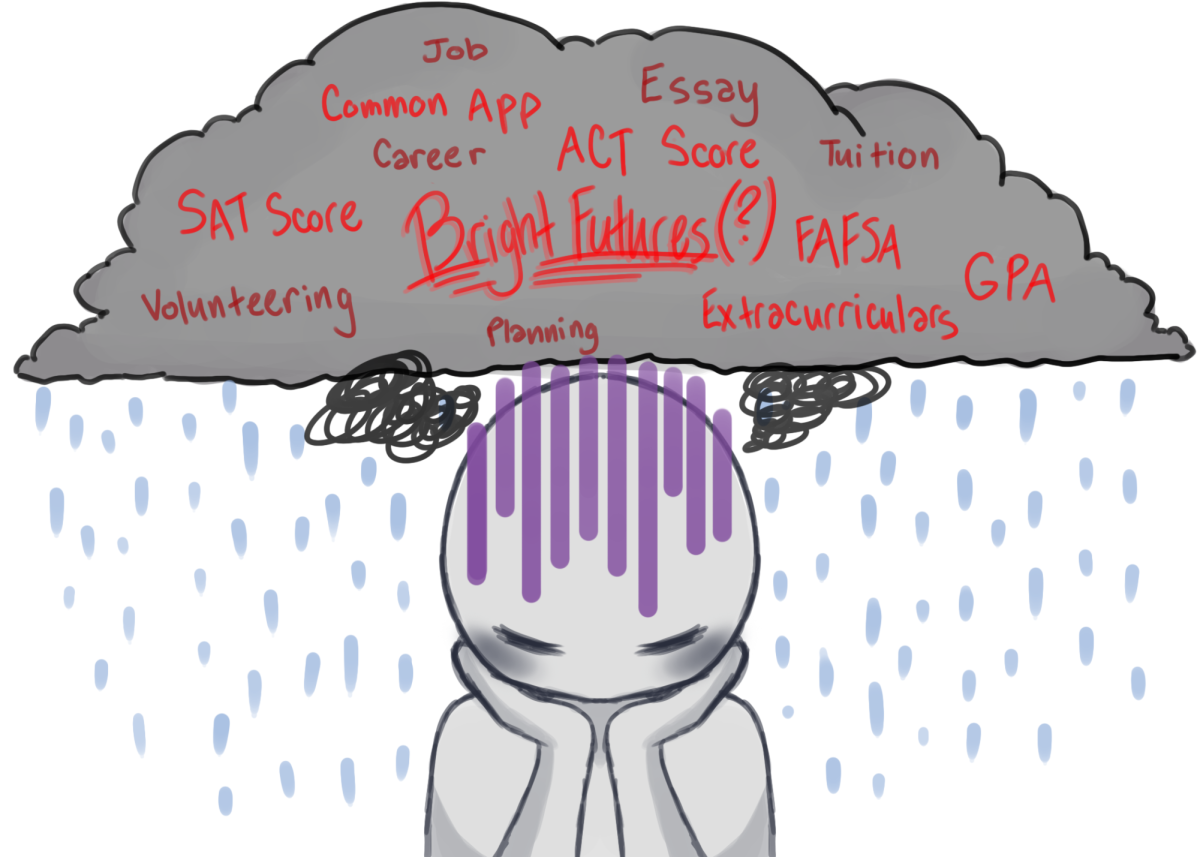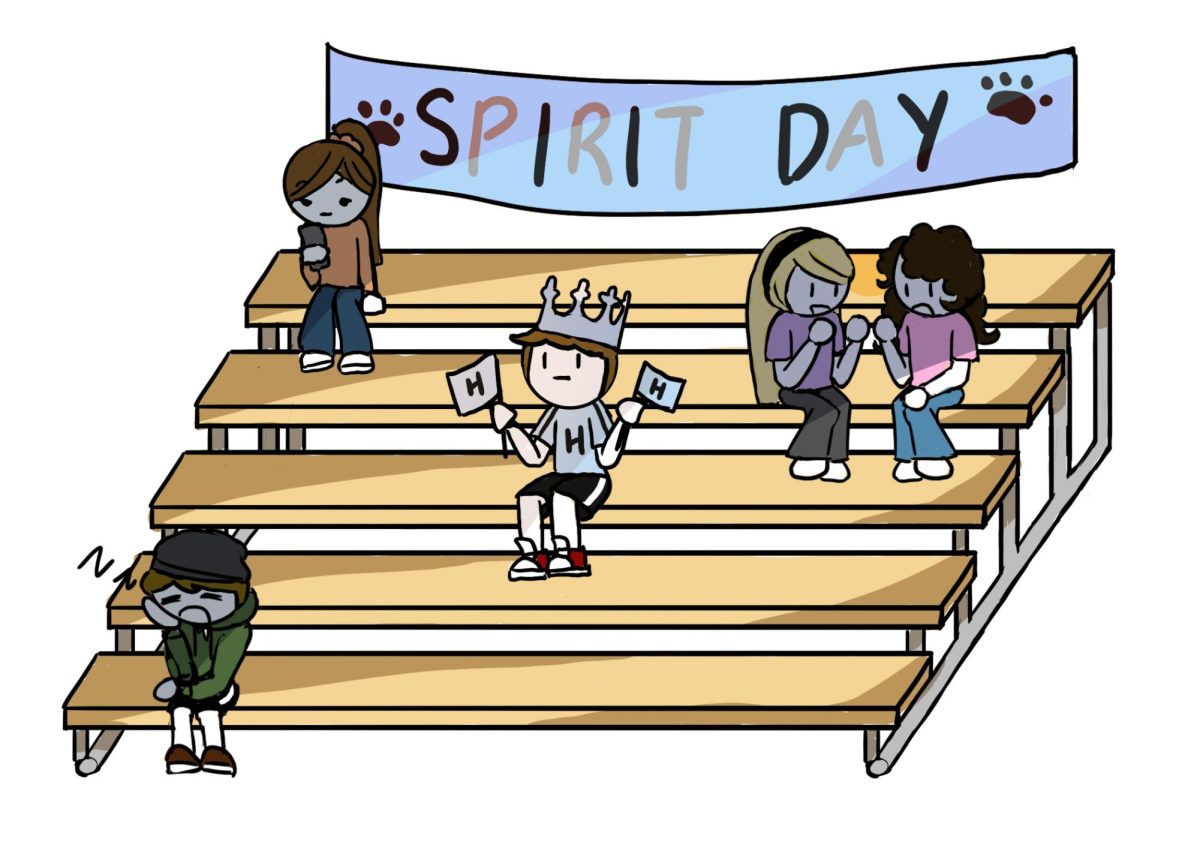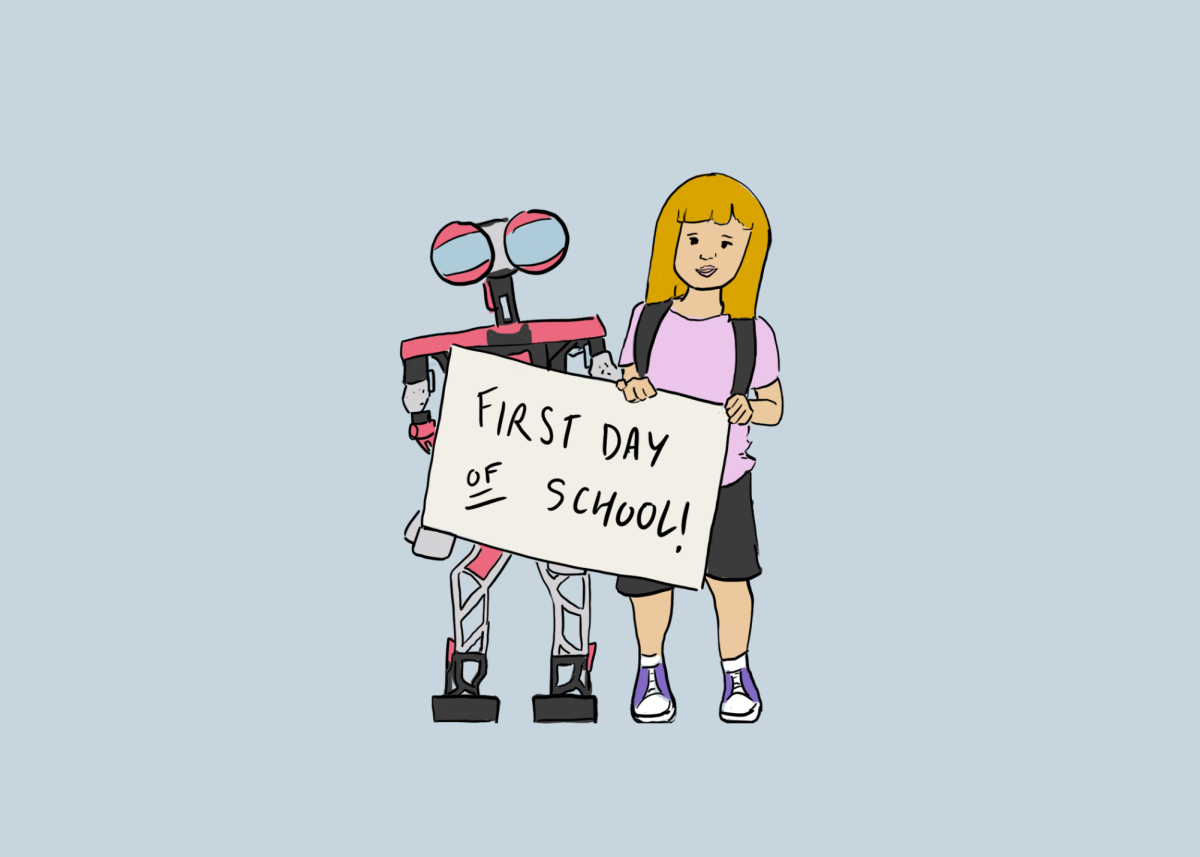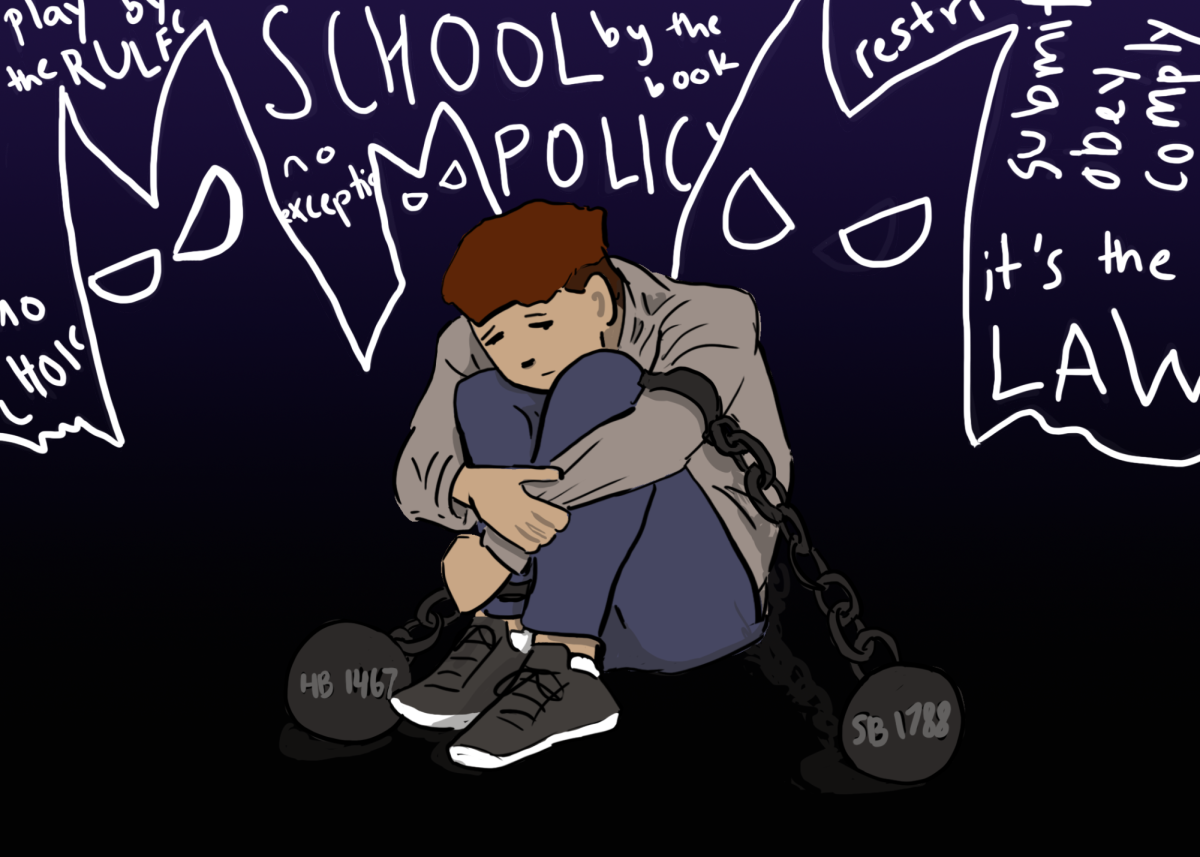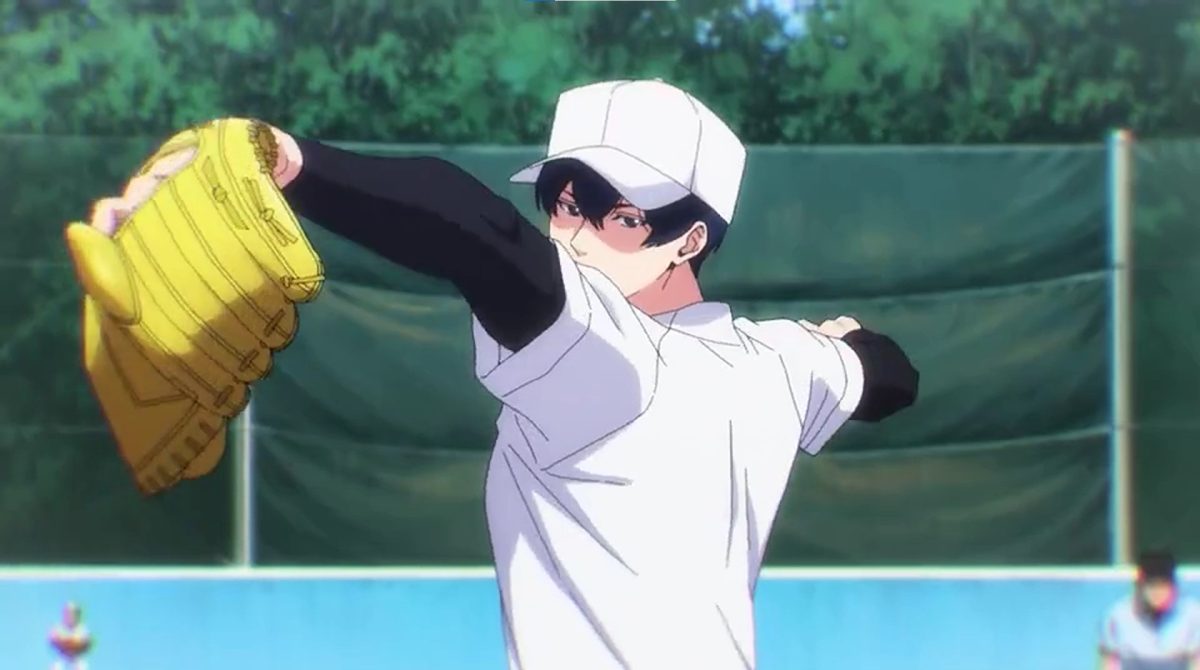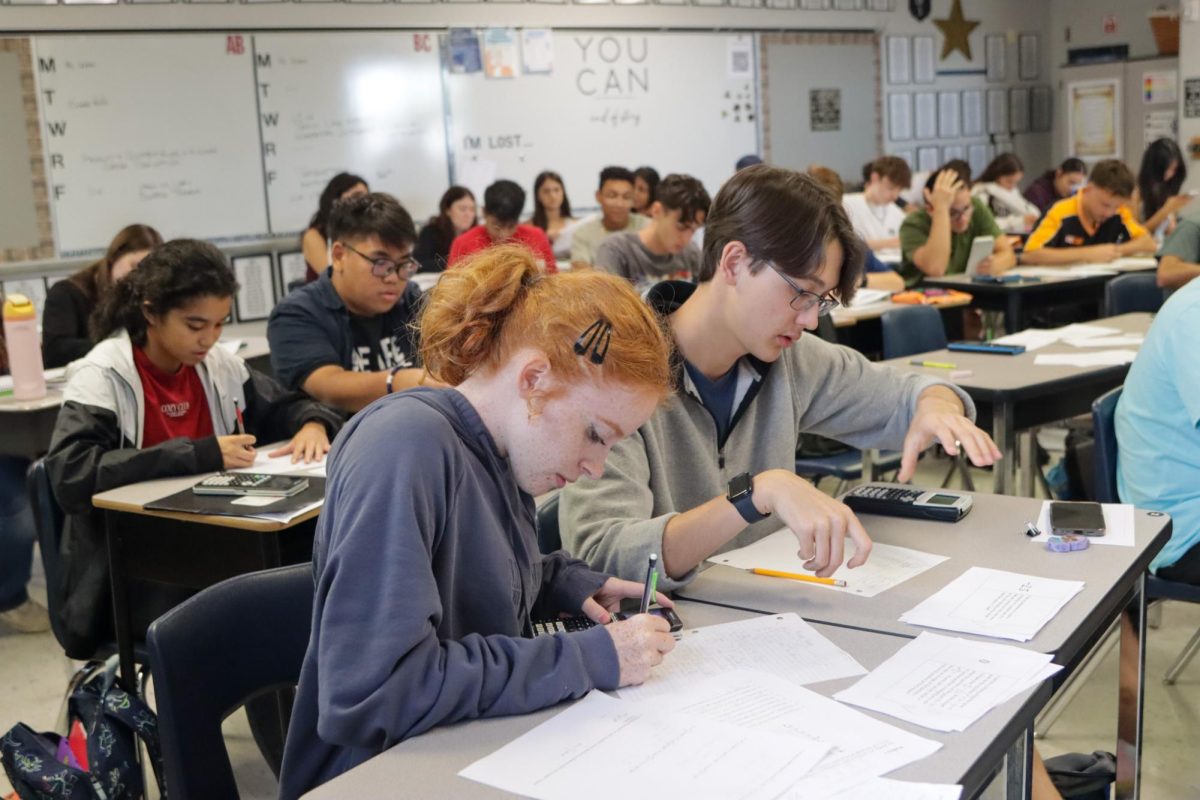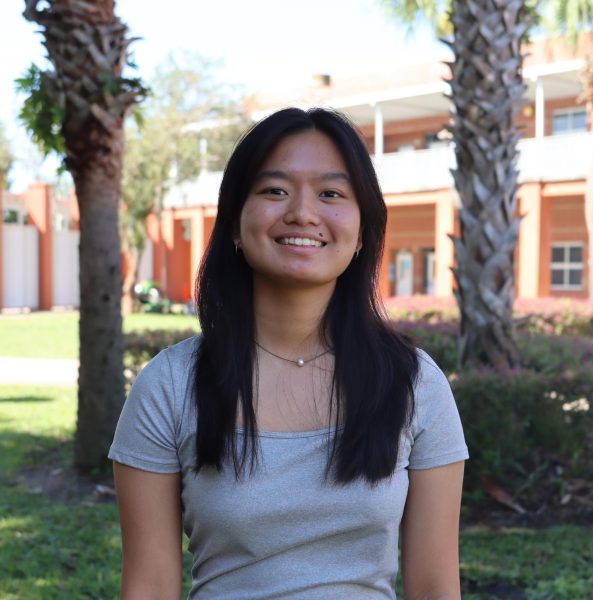7:20 a.m.
For many, this time marks the beginning of every school day.
For others, school doesn’t start for another three hours.
Seminole County Virtual School, the district’s preferred online education platform, opens up a variety of academic opportunities. Commonly used by seniors and juniors, SCVS classes can replace multiple traditional class periods, and many choose this to either sleep in or leave earlier in the school day.
The temptations of extra rest are desirable to many students, especially seniors, but this can do more harm than good. The effects of having a shorter in-person schedule can not be blamed on the student—if given the choice, logically, many will opt out of traditional classes. The problem lies within SCVS’ lack of restriction on the number of classes a student can take.
While a bit of extra rest is beneficial, overdoing it in SCVS classes can be detrimental. Being able and willing to wake up early and go home late is necessary for any student to be successful in the future, whether it be in college or for a job. Not everything in the future will be easily adjusted to fit your needs or comfort.
In addition to making unrealistic schedules, online courses can reinforce poor educational habits, such as rushing through lessons, brushing over topics and finding answers online. Cheating can be found in any classroom, but online, the risks of this increase greatly. Not only is this a practice that can lead to severe consequences, but one that brings no benefit to the student. What is the point of taking a class if you retain nothing from it? How can high school really prepare students for the real-world if they spend the majority of it at home?
While there are definitely rigorous courses on SCVS, a higher proportion of these are less rigorous when compared to the in-person class. The entire creation of online platforms was to give opportunities for demanding classes to those whose schools may not offer them, but at a school that is number 1 in their county for academics—a school with plenty of funding for AP classes—online courses are not a newfound opportunity for Hagerty students to learn, but to get out of the many classes that are already offers. With highly qualified teachers and a wide range of courses that students at other schools would not have access to, you would think students should take advantage of the great education they would receive in-person, not avoid it and stay at home.
One of the other common uses for SCVS is to strengthen one’s transcript—or in other words—inflate GPA without having the same interactions in-person students have to undergo. Class projects, teacher relationships and the camaraderie of a classroom are social environments that build up students’ confidence and understanding, an experience that cannot be replicated through a screen. In reality, most AP students will take a class or two on SCVS, but taking more online than in-person allows room for comfort in juggling difficult classes, a luxury that in-person students may not necessarily have, giving online students an advantage when taking more AP and honors courses.
The theoretical abuses of online courses are endless, but these platforms are not going away any time soon. Taking away access to online learning would ultimately have more negatives than benefits, as students who may not be able to attend in-person school due to health complications or mental illness would no longer have an equitable education. It isn’t the platform that is harming students, but the loose restrictions on who these courses are available to.
A few simple changes would make large impacts in the readiness of students. For starters, online classes could be capped to students who are not in desperate need of taking courses virtually, with the cap adjusting according to the student’s grade. Grounded reasoning for taking online courses could be required from students in order to register in the class, this way a student with a health issue is given priority over those who just wish to sleep in.
Two or three extra hours at home may not seem like a huge deal, but it is the learning and interactions students miss out on that can cause the true effects. Struggles cannot always be ignored, there will not always be an “easy-way out” and two forms of education cannot possibly result in the same level of understanding. Overall, SCVS is not the problem—it’s the threats of laziness and lack of care for education that are harmful.
7:20 a.m.
A time for education, not leeway.

